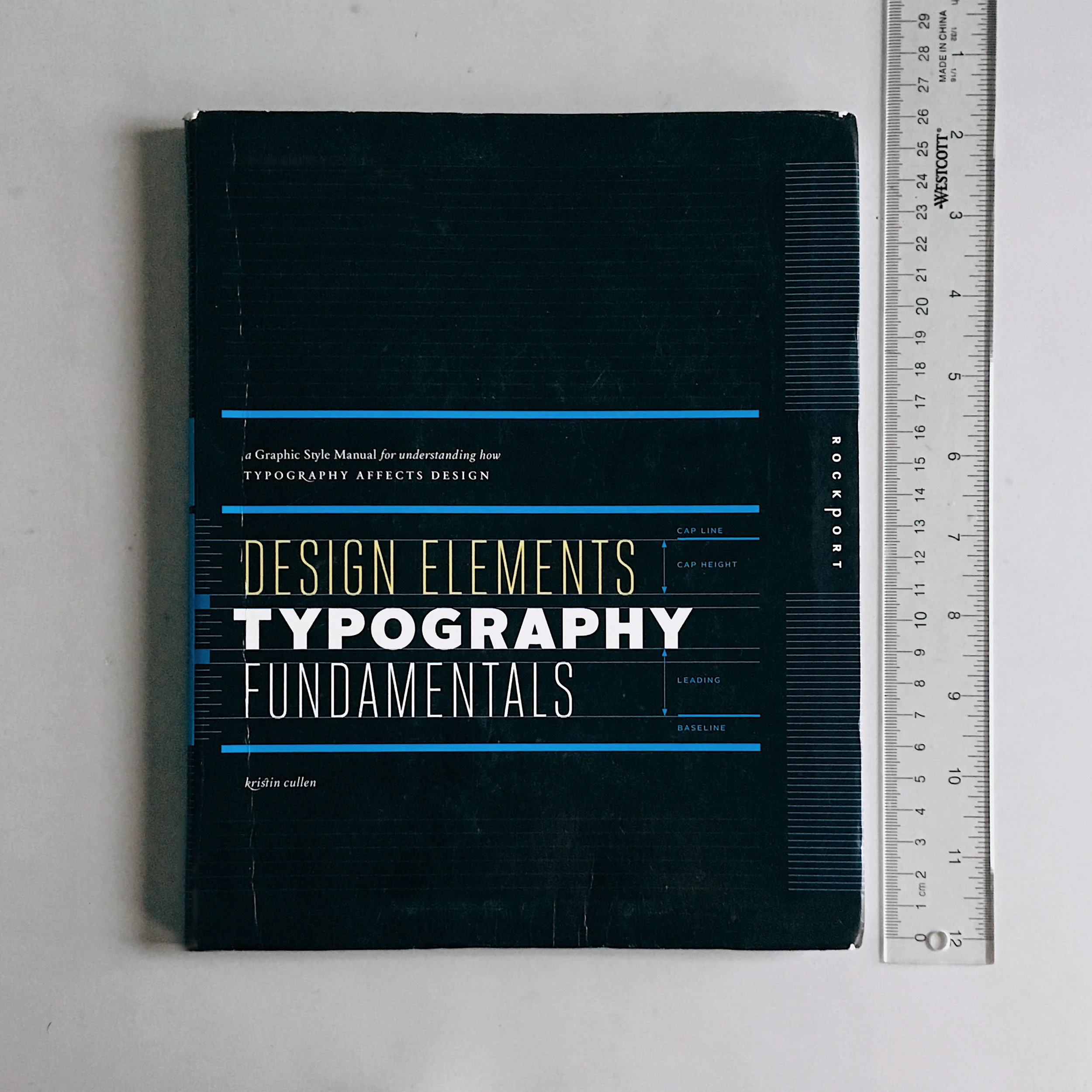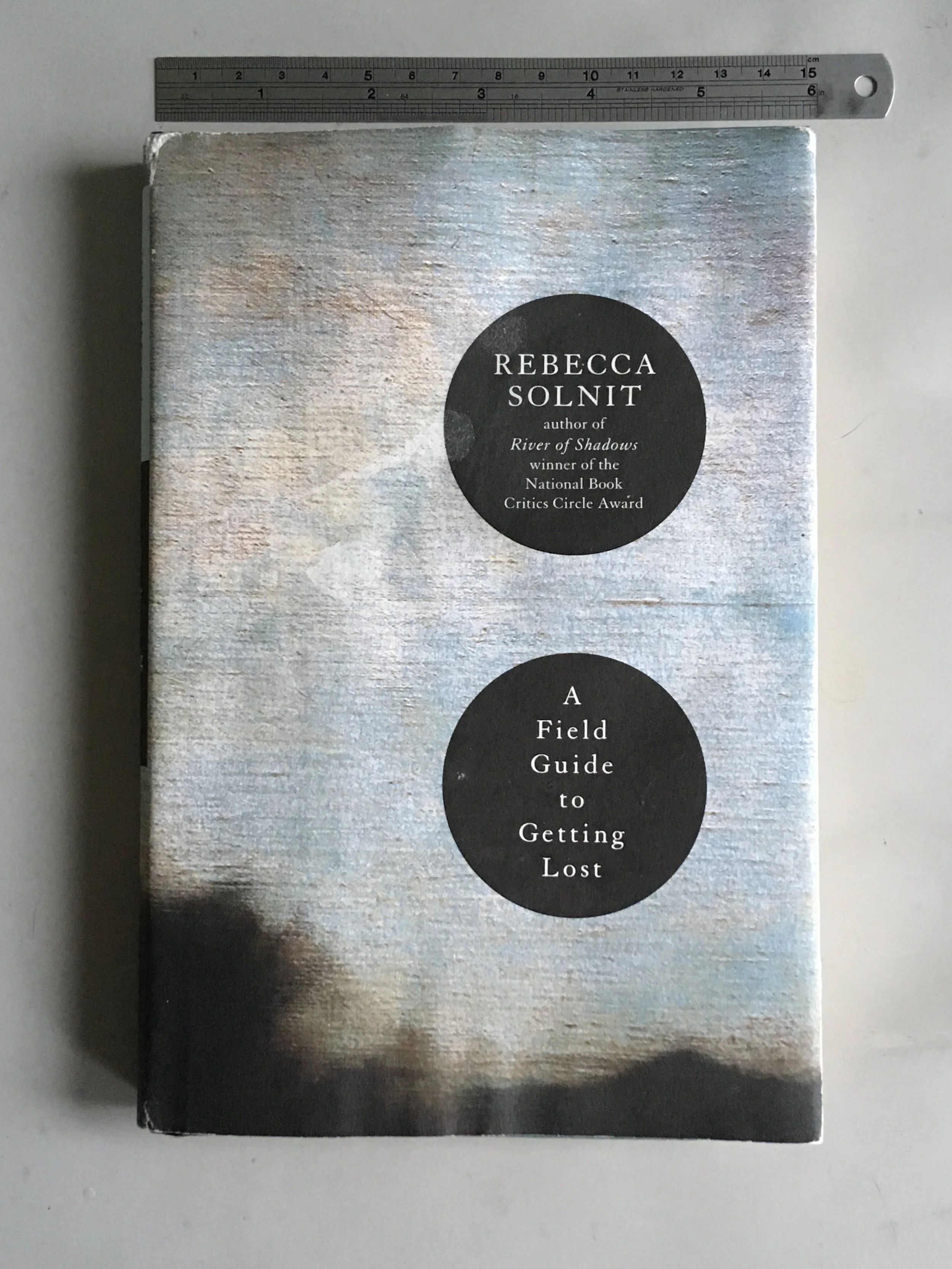People don’t buy what you do, people buy why you do it. Defining why you do something is difficult, as we usually rely on metaphors, imagery and analogies in an attempt to communicate how we feel. Therefore, guiding principles have to be actionable verbs: “always do the right thing” (integrity), or “look at the problem from a different angle” (innovation).
Read MoreArticles & Process
I write about designing and living an intentional life. Here you’ll also find concise summaries of books I’ve read because I strongly believe in sharing my process and putting things into practice.
Browse by category
Articles & Essays, Architecture & Design, Book Summaries, Conferences, Films & Interviews, or View All
Tanizaki explores the traditional Japanese aesthetic that favours softer, slower, and more subtle; this is contrasted with newer, faster, and brighter Western technological advances. Despite an explicit statement that he possesses no specialized knowledge, observations about everything from traditional toilets to lacquerware and patinaed cutlery to the eaves of a temple will expand the mind of the artist or architect alike.
Read MoreThis is the book I was looking for when I became interested in graphic design and typography. Think of this as an applied type fundamentals ‘field guide’ for designers, architects, and creative professionals. A visual representation of the essential language of type and typesetting; the building blocks and guiding principles of what you need to know to be a successful designer.
Read MoreSelf-realization and freedom always entail buying something new, never conserving something old. Fixing things is very different from building things from scratch; the mechanical arts have a special significance for our time because they cultivate the virtue of attentiveness over creativity. The experience of failure tempers the concept of mastery.
Read MoreTechnological change is ecological, one significant change generates total change (new technology does not add or subtract, it changes everything). Nostalgia reminds us of what can be done without computers, but it is essential to consider what is lost when we do use them. As Postman states, “Our youth must be shown that not all worthwhile things are instantly accessible and that there are levels of sensibility unknown to them.”
Read MoreExperiencing impatience is one of the first symptoms of not being in the present moment, not doing what you are doing, and not staying process-oriented. Become a good observer of your own actions: instead of focusing on an abstract end goal—which adds a lot of undue pressure—focus on the process, observe how you do, and make a corrective action. Understand that perfection is relative, and everything that you spiritually acquire expands your true self and becomes part of you forever.
Read MoreA collection of stories spanning over thirty years, Island chronicles the development in Alistair MacLeod’s writing style as much as it tells the tales of rural life on the East Coast of Canada. Paradoxically the novel could be best summarized as examining the extravagantly mundane. MacLeod explores thematic ideas from the viewpoint of three different generations—young, middle aged, and old—forcing oneself to reflect on their own life and the life they choose to lead.
Read MoreA [personal] manifesto on how to live a happy life. Anna Quindlen draws on her own life experience and outpours how she has come to find happiness in her life. A source of inspiration when you're looking, or motivation to write your own life manifesto.
Read MoreEric Maisel provides twenty-two categories of anxiety management techniques to combat our tendency to incorrectly appraise situations as more important, more dangerous, or more negative than they in fact are. People waste enormous amounts of time avoiding things that make them anxious, sometimes a lifetime; the first step is to remember that you get to do the appraising. We need to worry less about looking good to ourselves and spend more time honouring our commitments to ourselves, fulfilling our goals, and realizing our dreams.
Read MoreFree flowing thoughts inspired by memory, dreams, cultural history and place attachment, Solnit speaks of personal growth by way of loss and rediscovery. When you get lost, shes says on page 22, “the world has become larger than your knowledge of it”. Over the course of our lives we have the opportunity to traverse great distance, and some people travel further than others.
Read More









